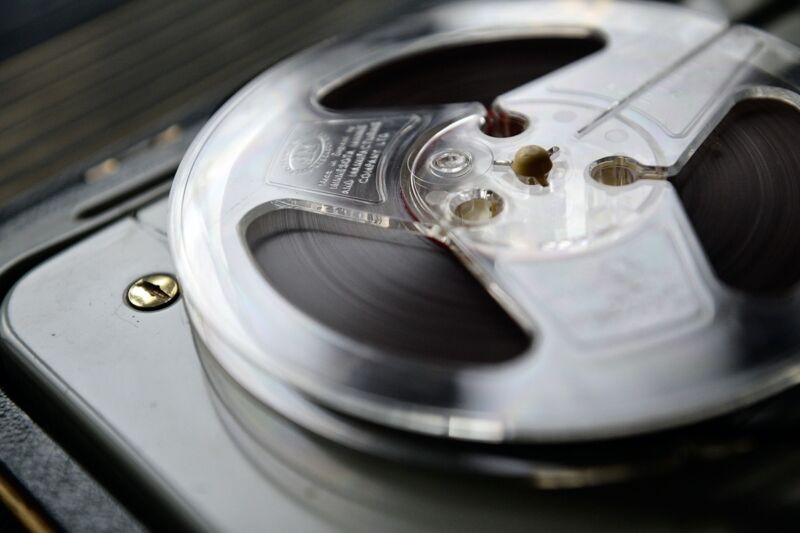Here’s why “baking” damaged reel-to-reel tapes renders them playable again

Enlarge / Audio buffs are rediscovering the sound quality of reel-to-reel tapes. Chemists at the Library of Congress are studying why the tapes tend to degrade over time and why baking them can often reverse the damage. (credit: Bethany Clarke/Getty Images)
Reel-to-reel tapes are experiencing a resurgence of interest among audio buffs, but they are prone to degradation, which has been a topic of active research for many years. It's well known that applying heat can often reverse the damage sufficiently to enable playback, usually by baking the tapes in an oven. Now scientists at the US Library of Congress have determined precisely why this method seems to work, presenting their findings earlier this month on the American Chemical Society's SciMeetings online platform.
Project leader Andrew Davis is a polymer chemist who works in the LOC's preservation research and testing division. The LOC's mission is to ensure its collections continue to be accessible to the public, either in their original or reformatted mediums. The R&D division is responsible for providing the scientific groundwork for that mission, similar to how the Smithsonian Institute employs research scientists to maintain its collections.
"We span everything from simple analytical tests, like determining the kind of ink used on paper, to testing all building and construction materials, and ensuring the stickers on the barcodes don't damage books," Davis told Ars.
Read 11 remaining paragraphs | Comments